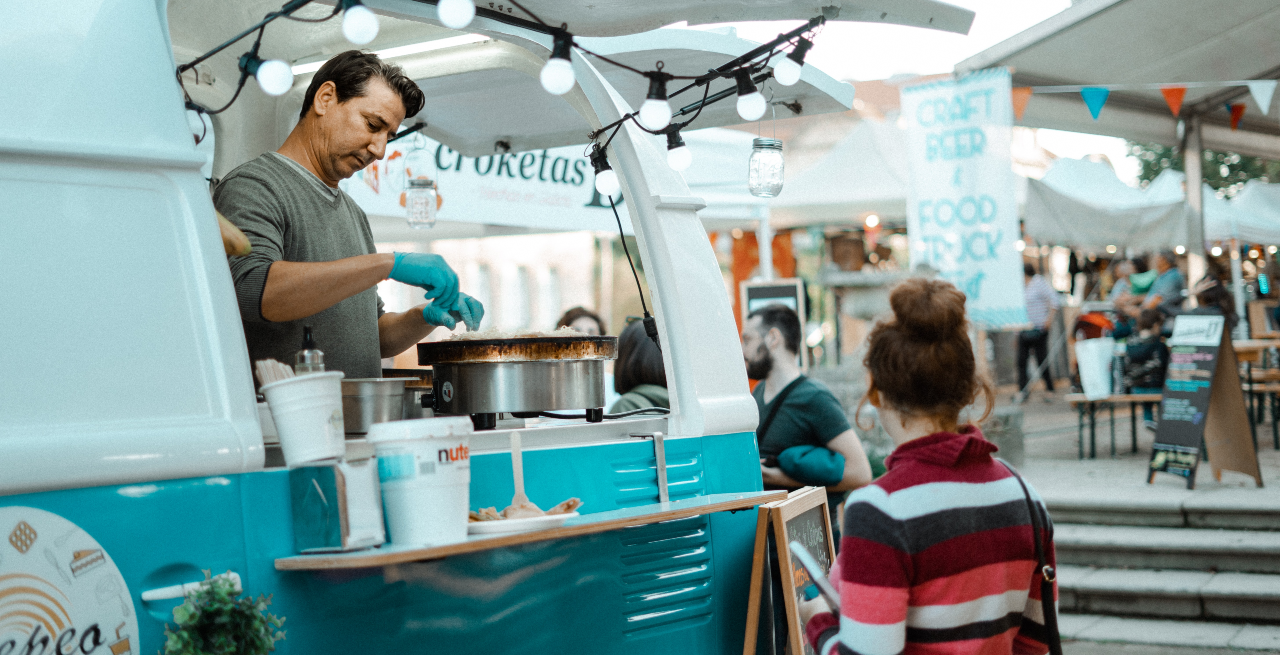How Insurance Needs Differ for Traditional Restaurants v. Mobile Food Businesses
7 Min Read By Parker Bowring
Traditional sit-down restaurants and mobile food businesses have uniquely different needs when it comes to insurance. While there is some overlap in coverage needs, it’s important to understand the differences when it comes to insuring your business.
We’ve laid out the insurance needs of both traditional sit-down restaurants and mobile food businesses and why it’s not only vital to the success of your business to insure your business but how your insurance needs will be different for each type of business.
Running a restaurant can be validating, exciting, and thrilling all at once. But, it can also be stressful and uncertain, especially when trying to find the perfect risk management solution. Restaurant insurance can provide your business with a safety net when it comes to claims and risk. And when it comes to a traditional sit-down restaurant versus a mobile food business, such as a food truck, catering business, or food cart, the insurance needs of both are vastly different…
Sorry, You've Reached Your Article Limit.
Register for free with our site to get unlimited articles.
Already registered? Sign in!

